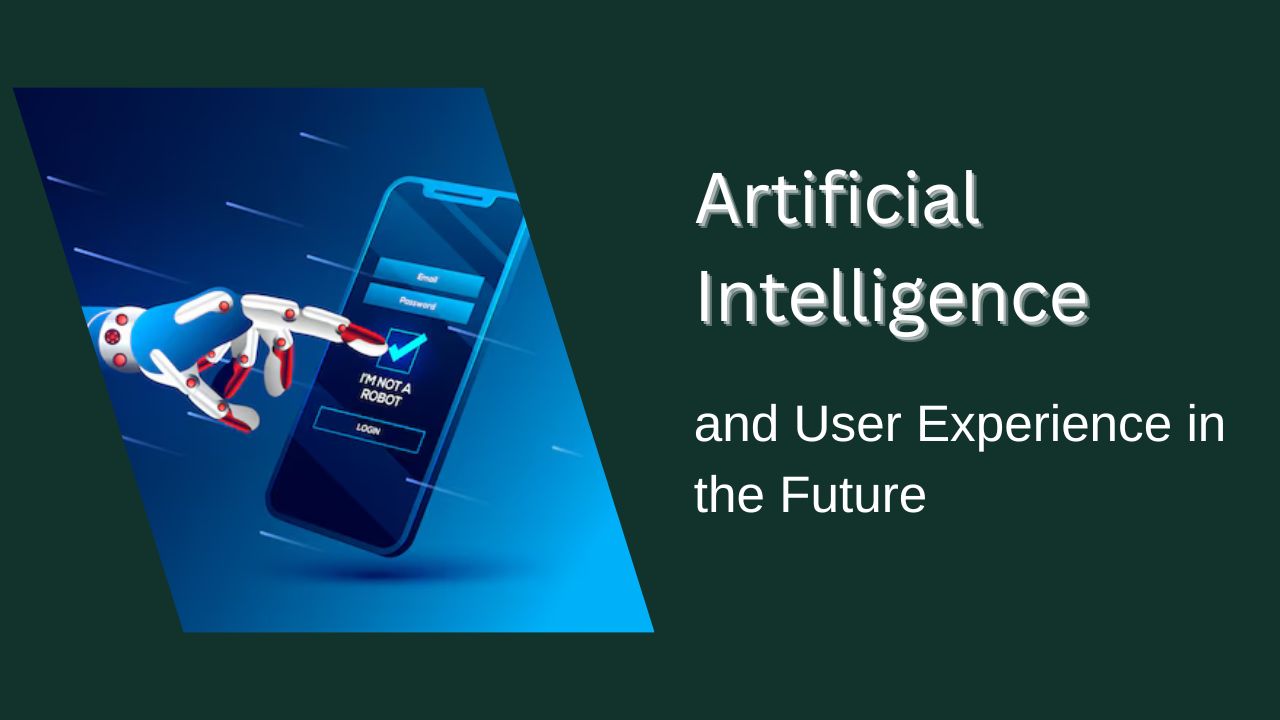Hello,
How Can We Help You?
Contact Form
Fill out the form and we will contact you as quickly as possible.
|

In today’s technology-driven world, mobile apps have become an integral part of users’ daily lives. As user expectations continue to rise, innovative approaches are needed to meet these demands. This is where artificial intelligence comes into play, transforming mobile app strategies. As of 2025, mobile app strategies enhancing user experience with artificial intelligence provide more effective solutions for both businesses and individuals. Users now seek apps that are not only functional but also intuitive, personalized, and fast. Artificial intelligence makes strategies smarter and more user-focused to address these needs.
Artificial intelligence stands out as a powerful tool for enhancing user experience in mobile apps. It analyzes user behavior to make apps more responsive and personalized. For instance, machine learning algorithms learn user habits and offer tailored recommendations. This increases user interaction with the app and boosts satisfaction levels.
Optimizing user experience with traditional methods is time-consuming and often offers a limited approach. However, artificial intelligence accelerates this process with real-time data analysis. It identifies which features users engage with most and adapts the app accordingly. In an e-commerce app, AI can suggest products based on a user’s search history, simplifying the shopping experience. Such strategies encourage users to engage with the app more frequently.

Artificial intelligence introduces key trends shaping user experience in mobile apps in 2025. These trends address user expectations while giving businesses a competitive edge. Here are some notable trends of this year:
These trends clearly demonstrate how artificial intelligence transforms user experience. Users expect apps to respond quickly and accurately to their needs. Artificial intelligence makes strategies more flexible and innovative to meet these demands. In a health app, AI can analyze a user’s exercise data to provide personalized recommendations. Such features strengthen users’ loyalty to the app.
Artificial intelligence offers a range of advantages in mobile app strategies. Businesses can make informed decisions by analyzing user data. This enhances user satisfaction and boosts competitiveness. Artificial intelligence automates complex analyses, speeding up strategy development.
Creating user-centric strategies stands out as one of AI’s greatest contributions. For example, a finance app can use artificial intelligence to analyze users’ spending habits and suggest budgets. Such features make the app more valuable to users. Artificial intelligence also detects in-app errors, ensuring a seamless experience. In a gaming app, AI can identify levels where users struggle and adjust them accordingly.
Strategic planning becomes more efficient with artificial intelligence. Businesses can instantly evaluate user feedback to continuously improve their apps. In a travel app, AI can analyze users’ destination preferences to offer personalized vacation packages. This enriches the user experience while increasing business revenue.
Artificial intelligence provides effective strategies to enhance user experience across various industries. Here are some industry examples:
E-commerce: E-commerce apps leverage mobile app strategies enhancing user experience with artificial intelligence to offer a more personalized shopping experience. Recommendations are made based on users’ past purchase data. In a fashion app, AI suggests clothing items matching a user’s style, simplifying the buying process.
Healthcare: Healthcare apps use artificial intelligence to analyze users’ health data and provide tailored suggestions. For instance, a fitness app can create exercise plans based on a user’s activity level. Integration with voice assistants makes it easier for users to track their health.
Education: Educational apps optimize the learning experience with artificial intelligence. In a language learning app, AI identifies a user’s weaknesses and offers customized lessons. This makes the learning process more effective.
Entertainment: Entertainment apps use AI to recommend content based on users’ interests. In a video streaming app, artificial intelligence suggests movies and shows based on viewing history, ensuring an enjoyable experience.
Mobile app strategies enhancing user experience with artificial intelligence will continue to evolve in the future. New technologies will make user experiences smarter and faster. For example, 5G technology will provide apps with real-time data processing capabilities. Users will expect apps to respond instantly to their needs.
Artificial intelligence equipped with emotional intelligence will adapt experiences based on users’ moods. In a wellness app, AI could analyze a user’s stress level and offer calming suggestions. This will make a significant impact, especially in health and lifestyle apps. Businesses will use artificial intelligence for deeper user insights to strengthen their strategies.
In the future, artificial intelligence could develop fully autonomous strategies. For example, a business might specify basic goals, and AI could craft an entire user experience strategy. This will accelerate development processes and enhance user engagement with apps.
Artificial intelligence holds great potential for improving user experience but brings certain challenges too. Data privacy stands out as a major concern. Analyzing user data can increase security risks. This requires businesses to implement stricter security measures.
Training artificial intelligence models requires large amounts of data and resources. For small-scale businesses, this can pose a barrier. Accessing and processing large datasets is a costly process. Incorrect analyses by AI also carry risks. For instance, an app might misinterpret a user’s needs and offer inappropriate suggestions.
Users becoming overly reliant on artificial intelligence could make the experience monotonous. Completely removing the human factor might jeopardize an app’s uniqueness. Businesses should use AI as a tool while incorporating their own expertise. This balance keeps the user experience both innovative and authentic.
Mobile app strategies enhancing user experience with artificial intelligence remain a key element shaping the future of technology. These innovations simplify users’ lives and increase the value of mobile apps. In the future, AI’s influence in this field will grow even stronger, delivering richer experiences for users.
Contact Form
Fill out the form and we will contact you as quickly as possible.
 Notification Center 00:00
Notification Center 00:00